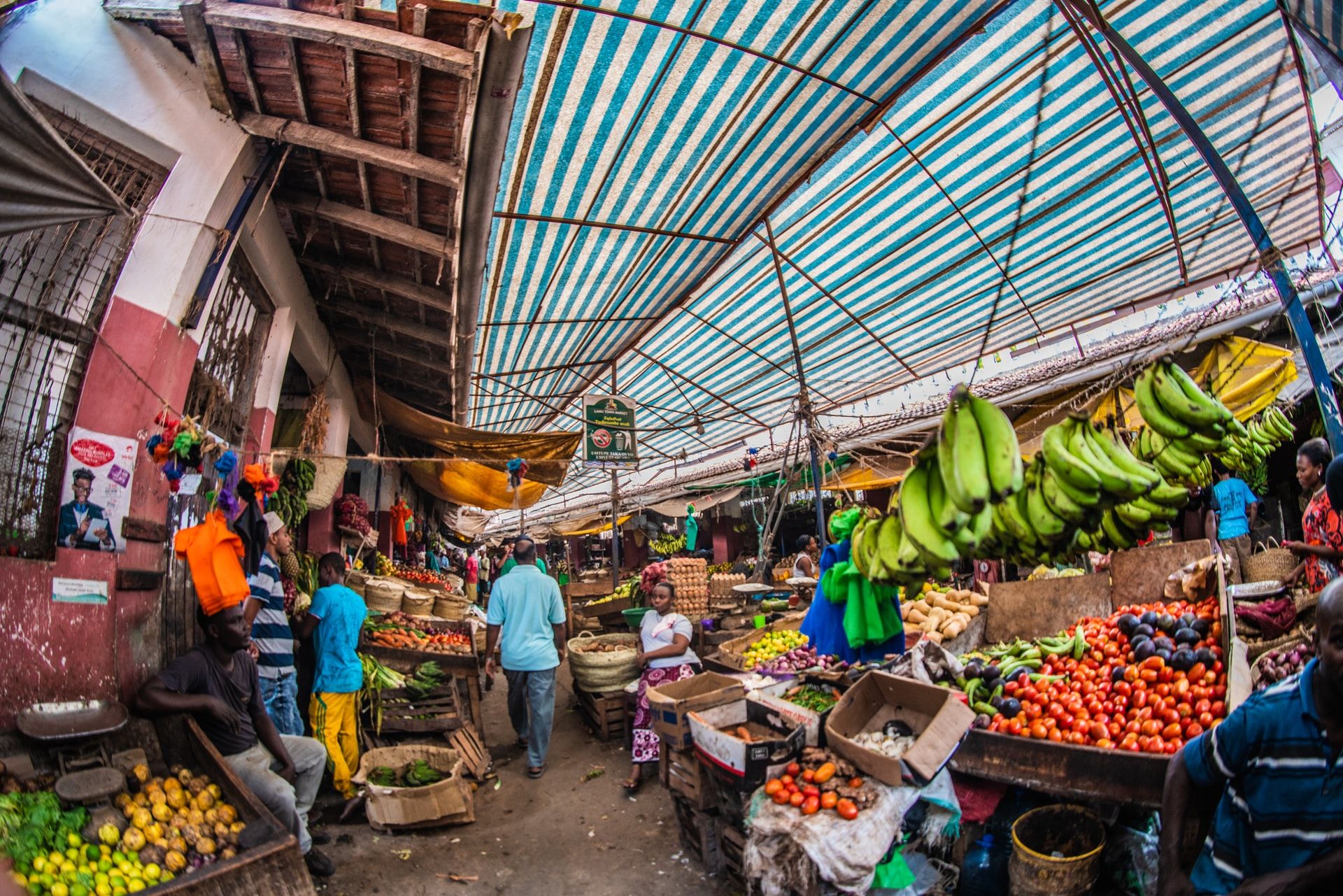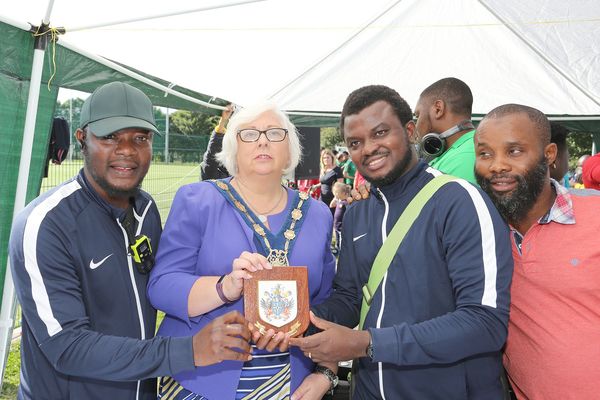THESE days of video telephony have changed the world completely. Some users prefer modesty, others will not mind showing up in their pyjamas. I have heard of Zoom meetings that would have gone Full Monty if not for the watchful eye of the of the video conferencing host.
Well, modern video conferencing has met both positive reviews and disapproval. The main problem with it is the unnatural way in which people get together, total strangers, and make decisions that can massively affect others within a short time – and of course there are pros and cons to this. That Zoom meeting I attended the other day was dead boring; I wonder if it would have been fun if it was an interactive face-to-face workshop.
I used to attend many of these. Participants used to wait for some official, the mayor of a town most probably, to say a few words from his prepared speech or some small talk that made you feel appreciated. Then lots of tea or coffee (and, oh, I drink these for East Africa). I miss these normal days, I am sure you do as well.
You think the Covid protocols here are very strict until you read stories of what is happening in the other parts of the world. The Covid curfew starts at 8pm in Kenya and every living thing is expected to stay off the streets after that. Last week traffic police officers in Kenya blocked movement on both directions of the Thika highway which was brimming with motorists trying to get home.
Any government directive gazetted by law in Kenya is final and so ambulances and other emergency services had to tolerate the delays brought by police in the name of saving the country from the pandemic. Covid is a cash cow there; some people are making serious amounts of money by presenting phoney tender bids in the name of procurement for government. The number of fatalities in Kenya is around 2,400 now since the disease locked the world in March 2020.
I AM about to finish this book I bought in an antique shop. I got it because it looked like something I wouldn’t read, the title is conniving – pulling in the potential reader: Not Out of Africa by Mary Lefkowitz. From the first page she seems really fed up with Afrocentrics; her complaint is that African historians of a particular kind are publishing false histories.
She writes that there is no way Africans were the founding pillars of very important parts of Greek civilisation.
I have to finish this book, then Mary will get my Afrocentric version of history which believes in the fact that St Augustine of Hippo was North African.









